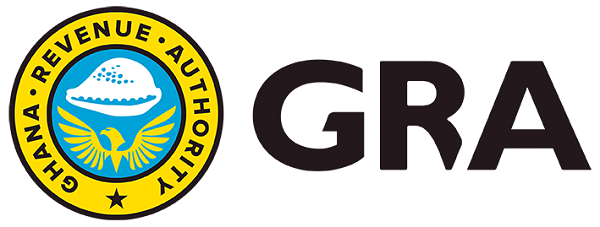The Ghana Revenue Authority (GRA) has announced plans to mobilise an additional GH¢10 billion in revenue through the rollout of a new Modified Taxation Scheme targeted at the informal sector.
The initiative, which is expected to be launched on November 5, this year, forms part of the Authority’s ambition to raise GH¢360 billion in revenue by 2028.
Mr. Anthony Kwasi Sarpong, the Commissioner-General of the GRA, who announced this during a courtesy visit by Madam Lydia Lamisi Akanvarigba, the Minister of Public Sector Reform, on Wednesday, said the new scheme was designed to make tax compliance simpler, fairer, and more convenient for informal sector operators.
The sector, which constitutes about 70 per cent of businesses in Ghana, contributes only around 30 per cent to GDP.
“The modified taxation system is anchored on principles of convenience and simplicity for taxpayers whose operations are not complex,” the Commissioner-General explained.
“If you are a sole proprietor or self-employed and your annual income is not more than GH¢500,000, you will pay a flat rate of 3 per cent on your income.”
He added that the Authority expected the system to broaden the tax base significantly, noting that even though the contribution per taxpayer may appear modest, the cumulative effect would be substantial.
“If we get two million informal sector participants each paying around GH¢5,000 annually, that alone could yield up to GH¢10 billion. So the potential is huge,” he said.
Mr. Sarpong also indicated that the GRA was collaborating with the Ministry of Finance on Value Added Tax (VAT) policy reforms expected to be announced in the 2026 national budget.
The Authority, he said, believed that strengthening VAT compliance could substantially boost revenue, given the country’s growing population and rising consumption levels.
The Commissioner-General also highlighted the upcoming launch of the Integrated Tax Administration System (ITAS), a full-scale automation project expected to go live in the first quarter of 2026, which would link all domestic tax operations with customs processes, allowing taxpayers to register, file, and pay taxes seamlessly from anywhere.
“When the new domestic tax system is completed, it will integrate with customs to create a fully automated environment that enhances taxpayer convenience and efficiency,” he said.
Additionally, GRA is piloting Artificial Intelligence (AI) tools for customs classification and valuation, which will reduce human intervention and speed up cargo clearance, Mr. Sarpong said, adding that an Advanced Cargo Information (ACI) system had also been introduced to enable the Authority to receive detailed cargo data 24 hours before ships departed for Ghana, improving oversight and curbing revenue losses from cargo manipulation.
Also, the Commissioner-General said the GRA was expanding its data and insights capability by collaborating with public institutions such as SSNIT, Registrar of Companies, and the National Identification Authority (NIA) to share taxpayer data, stressing that these collaborations would enable the Authority to identify potential taxpayers more efficiently and improve compliance.
As part of its commitment to government’s 24-hour economy agenda, Mr. Sarpong said the GRA had already implemented three-shift systems at Tema Port and planned to extend them to Takoradi Port, while a 24-hour contact centre to respond promptly to taxpayer needs was being developed.
“We are building a customer-focused GRA, one that collects revenue with a human face,” the Commissioner-General said.
GNA





